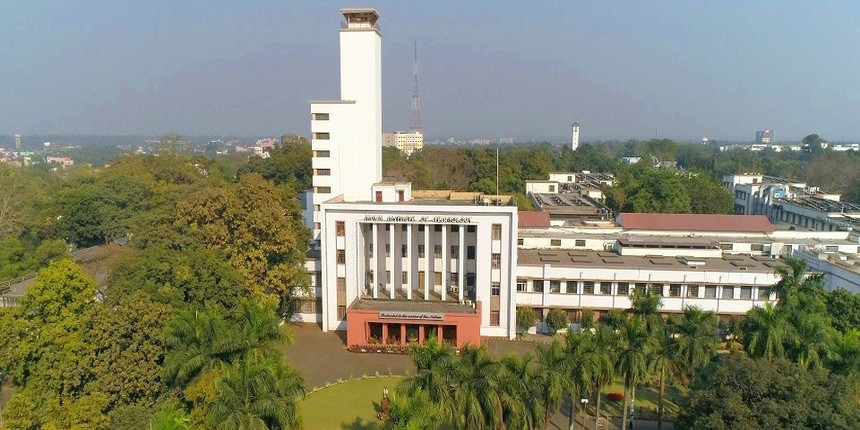IIT Kharagpur researchers develop solar-powered pest control system for smaller agricultural fields
Press Trust of India | February 9, 2021 | 03:50 PM IST | 2 mins read
A patent has been filed for the solar-powered spray that will increase field capacity and uniformity in liquid spraying.

NEW DELHI: A team of researchers at the Indian Institute of Technology (IIT) Kharagpur has developed an energy-efficient pest controlling device for smaller agricultural tracts owned by marginal farmers. The team has built a self-propelled boom-type sprayer that can be operated using solar energy while safely guided through the crops in smaller tracts of land. According to the team, which has also filed a patent, the semi-automated device is aimed at increasing field capacity and uniformity in liquid spraying and also to reduce drudgery to the operator and dependency on fossil fuels for carrying out spraying in cropped areas.
"The system comprises a propelling unit fitted with a liquid storage tank, a DC motor operated pump to pressurise the liquid to be sprayed. Multiple numbers of spray nozzles are mounted on a boom fitted to the front of the machine to cover wider width at a time. "A set of solar-powered battery acts as the power source of the DC motor to propel the spraying unit as well as for running the pump. Unlike a knapsack sprayer, the liquid storage tank is of bigger capacity, and it is carried on a solar-powered three-wheeler trolley," said Hifjur Raheman, professor at IIT Kharagpur.
"As compared to conventional knapsack sprayers, the developed sprayer has a higher field capacity and more uniformity of spraying with less drudgery to the operator. It can be easily operated in the field using solar energy with a maximum speed of 2 km/hr and can cover a width of 1.5 metres at a time with a field efficiency of 81 pc, thus saving time, human involvement and chemicals," he added. Raheman explained that prevention of pests and diseases during different growth stages of crops is an important process to increase its yield. "For larger tracts of farmlands, tractor-mounted sprayers are used, while manually operated knapsack sprayer is used for smaller tracts. This impacts the efficiency of spraying as it depends on the skill of the operator, leading to non-uniformity in spraying.
Further, it requires intensive labour capacity and operation time. Using tractor-mounted sprayers in smaller tracts on the other hand would make the crops prone to damages due to their higher turning radius. "Also, it leads to wastage of chemicals due to lower control on automated spraying. Not to mention the environmental pollution due to the fuel emissions from the tractor," he said. The other members of the team include Anup Behera, Rahul K and P B S Bhadoria from the Department of Agricultural and Food Engineering at IIT Kharagpur.
Follow us for the latest education news on colleges and universities, admission, courses, exams, research, education policies, study abroad and more..
To get in touch, write to us at news@careers360.com.